Forged steel sleeves for rolling mills
Forged steel sleeves for rolling mills
1. Definition
Forged steel sleeves for rolling mills are cylindrical components used to support and guide rolls in the rolling process. They are essential for maintaining alignment and ensuring the efficient operation of rolling machinery.
2. Materials
These sleeves are typically made from:
Carbon Steel: Commonly used for its good mechanical properties and cost-effectiveness.
Alloy Steel: Such as 4140 or 4340, which provide enhanced strength, toughness, and wear resistance necessary for high-stress applications.
3. Manufacturing Process
Forging: The steel is heated to a malleable state and shaped under high pressure. This process improves mechanical properties and ensures a refined grain structure.
Machining: After forging, the sleeves undergo machining to achieve precise dimensions and surface finishes, which are critical for proper fit and function.
Heat Treatment: Processes like quenching and tempering may be applied to enhance hardness and overall performance.
4. Applications
Forged steel sleeves are commonly used in:
Rolling Mills: To support and align rolls during the metal forming process.
Steel Manufacturing: In various machinery that requires reliable and durable components.
Heavy Industry: For applications where strength and wear resistance are paramount.
5. Advantages
High Strength: Forged sleeves can withstand significant loads and pressures, making them suitable for demanding industrial applications.
Durability: The forging process results in components that are more resistant to wear and fatigue compared to cast parts.
Improved Integrity: Fewer defects and a more uniform structure enhance the reliability and performance of the sleeves.
Customizability: Can be tailored to meet specific design and performance requirements for various applications.
Data Needed for Quotation
1) Your own drawing
2) Your requirement on material and necessary dimensional data
3) Ask for recommend
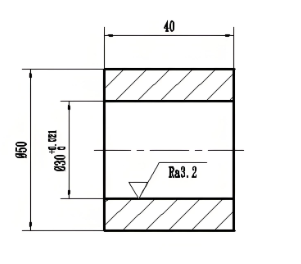
Processing Materials
| Case Hardened Comparison Table | |||||||
| GB | ГOCT | EN | DIN | W.N. | JIS | AISI/SAE | |
| 15CrMn | 16MnCr5 | 16MnCr5 | 1.7131 | 5115 | |||
| 20CrMn | 20MnCr5 | 20MnCr5 | 1.7147 | 5120 | |||
| 12CrMo | 12XM | 13CrMo44 | 1.7335 | 4119 | |||
| 15CrMo | 15XM | 15CrMo5 | 1.7262 | SCM415 | |||
| 20CrMo | 20XM | 20CrMo5 | 1.7264 | SCM420 | 4118 | ||
| 25CrMo | 30XM | 25CrMo4 | 1.7218 | ||||
| 30CrMo | SCM430 | 4130 | |||||
| 35CrMo | 35XM | 34CrMo4 | 1.722 | SCM435 | 4135 | ||
| 42CrMo | EN19 | 42CrMo4 | 1.7225 | SCM440 | 4140 | ||
| 50CrMo4 | 1.7228 | ||||||
| 40Cr | 40X | 41Cr4 | |||||
| 38XC | |||||||
| 25Cr2MoV | 25X2M1Φ | 24CrMoV55 | 1.7733 | ||||
| 50CrVA | 50CrV4 | 1.8159 | SUP10 | ||||
| 31CrMoV9 | 1.8519 | ||||||
| GCr15 | 100Cr6 | 100Cr6 | 1.3505 | 52100 | |||
| 20CrNiMo | 20XHM | 20NiCrMo2-2 | 21NiCrMo2 | 1.6523 | SNCM220 | 8620 | |
| 20XH3A | |||||||
| 20X2H4A | |||||||
| 17CrNiMo6 | 1.6587 | ||||||
| 18CrNiMo7-6 | 1.6587 | ||||||
| 34CrNiMo6 | 1.6582 | VCN150 | |||||
| 34NiCrMo16 | 35NiCrMo16 | 1.2766 | |||||
| 30CrNiMo8 | 1.658 | VCN200 | |||||
| 39NiCrMo3 | 1.651 | ||||||
| 34CrAlNi7 | 1.855 | ||||||
| 38CrMoAl | 38X2MОA | 41CrAlMo7 | 1.8509 | ||||
| 40CrNiMo | EN24 | 40NiCrMo8-4 | 1.6562 | SNCM439 | 4340 | ||
| 40CrNi | 40XH | 40NiCr6 | 1.5711 | ||||
| 20CrMnMo | 18XTM | SCM421 | |||||
| 40CrMnMo | 40XTM | SCM440 | |||||
| 30XTCA | |||||||
| 38XTH | |||||||
| 40XH2MA | |||||||
| 40X2H2MA | |||||||
| 38XH3MA | |||||||
| 38XH3MΦA | |||||||
Processing technology:
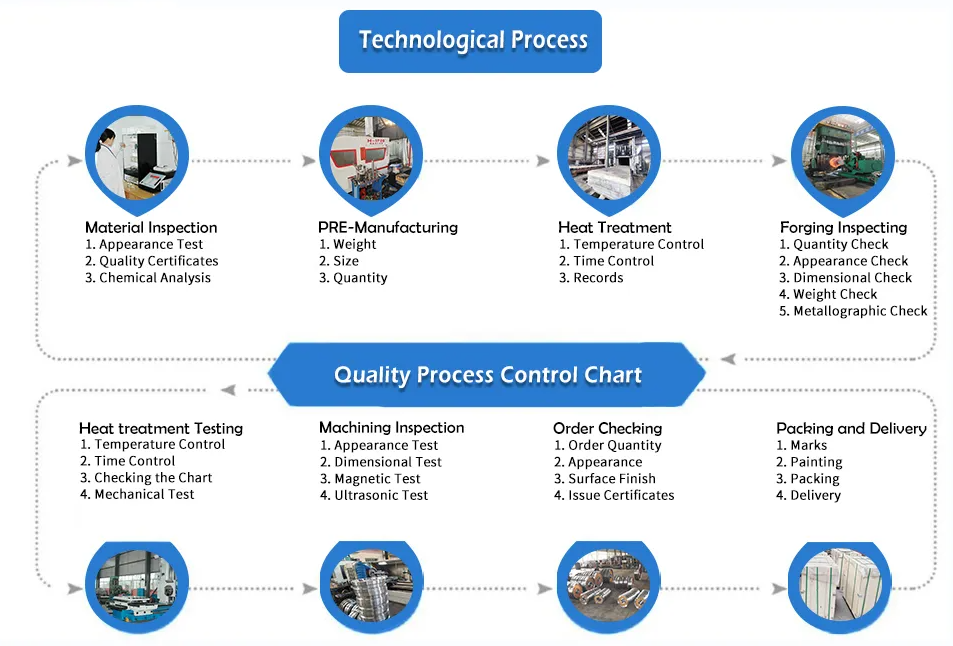
Application areas:
Automotive transmissions, medical equipment, metallurgical machinery, lifting equipment, ore equipment, power equipment, light industry equipment, etc
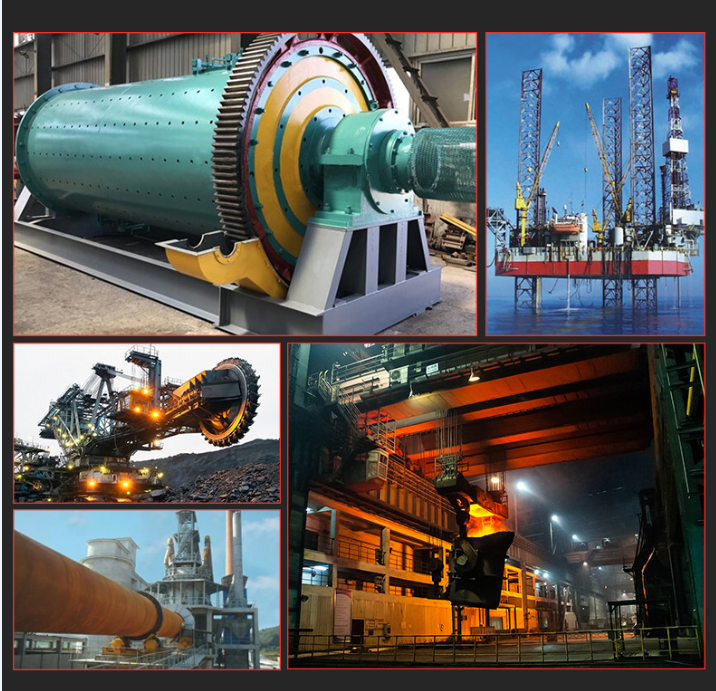
Packaging :
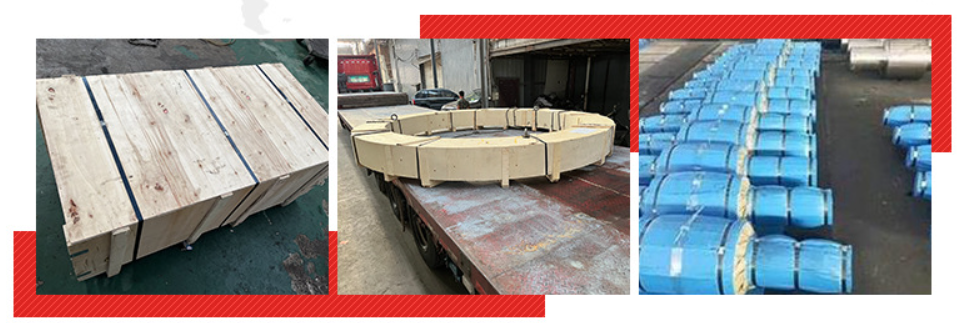


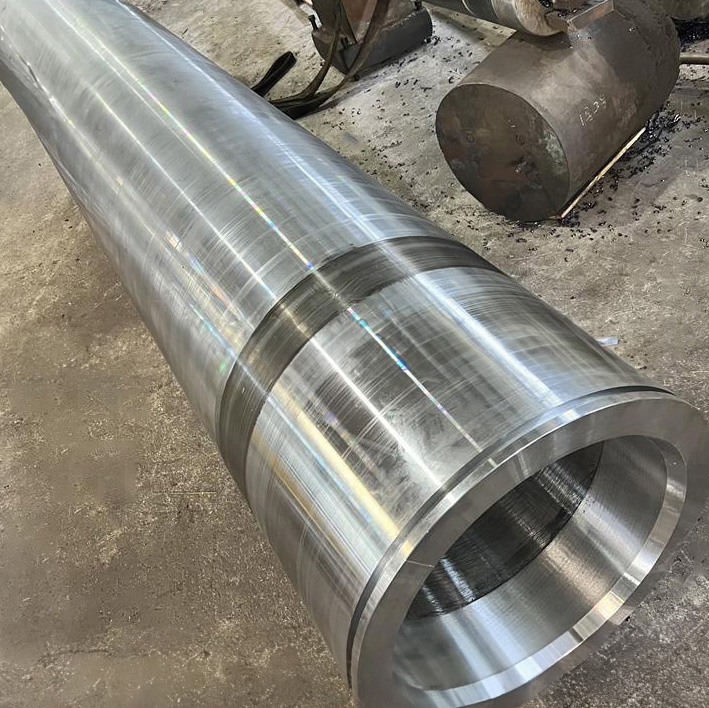
_1733312730.jpg)